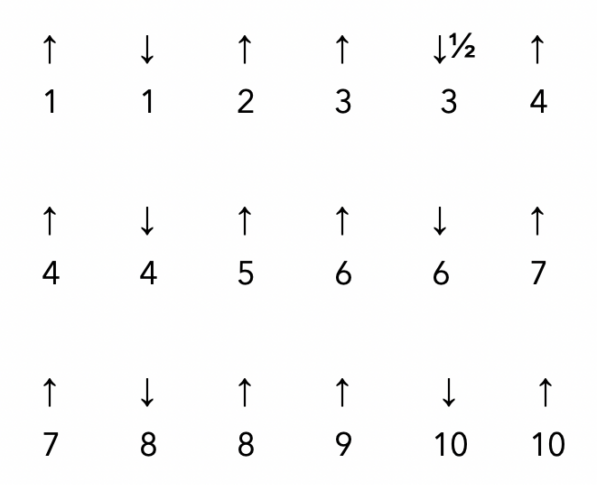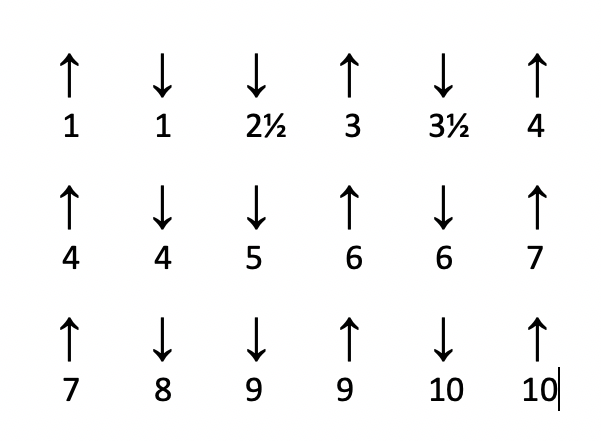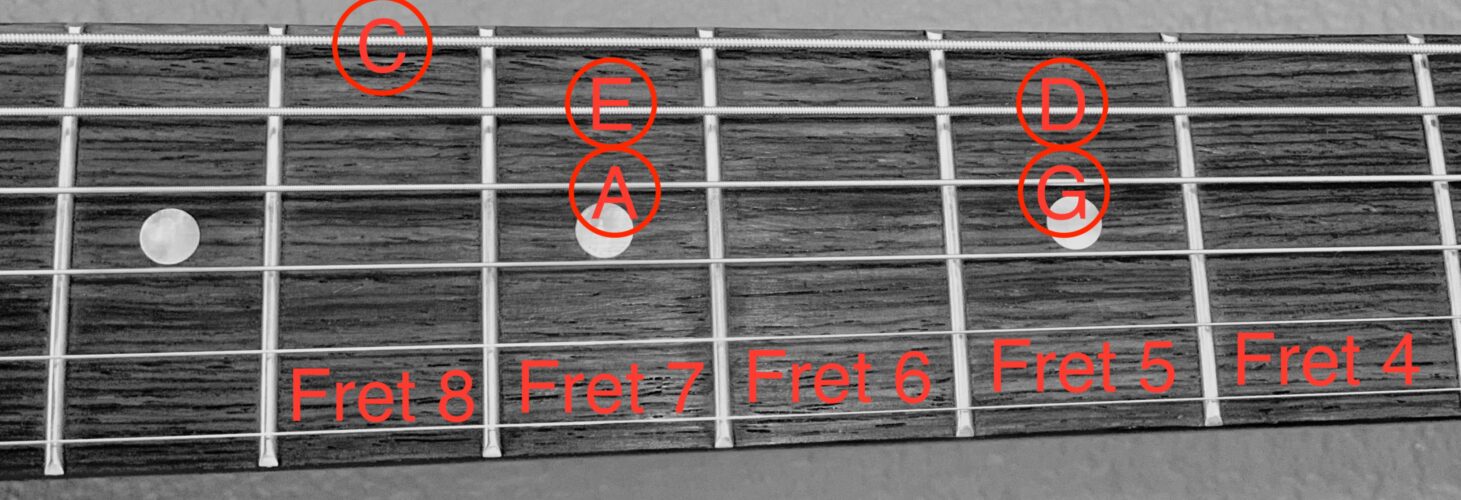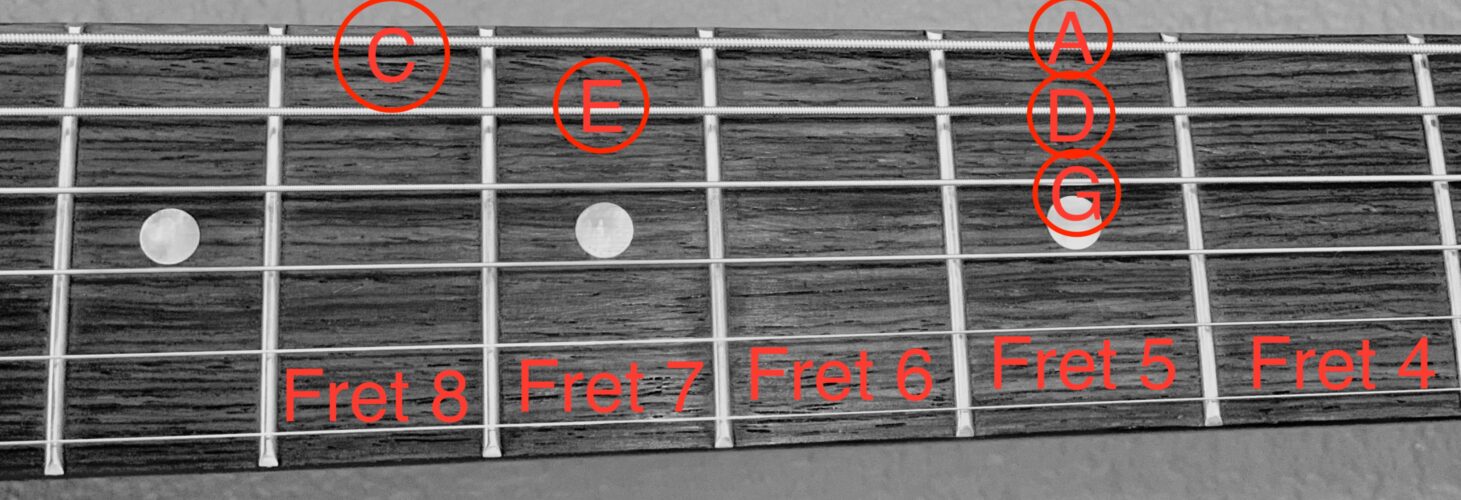If you have been playing an instrument and started learning some scales, you may have noticed that a handful of scales have some shared notes. In fact, there are some that end up suspiciously similar to others. A minor (Am), for example, is incredibly similar to C Major. Taking a look at their Pentatonic Scales, they have all the same notes. So you may be asking: What is the Difference between C Major vs A Minor Pentatonic Scales?
The difference is the starting note, or the root note. In music theory, this is the 1. All other notes in the key must have some relation with this root note, this number 1. For C Major Pentatonic Scale Notes, A is the 6th note.
So they have different starting points, different homes. What we want to know is this: Is C Major Pentatonic the Same as A Minor Pentatonic?
The easy way to answer this is by acknowledging that they are basically the same, except for different home points, or root notes.
The more complex way of looking at it is by observing the different purposes of having each of these keys. Where C Major tends to be a pretty standard, happy, and chime-y key, A Minor is a bit more melancholy feeling. Though their notes are the same, different purposes, intended sounds, and home notes suggest that they are technically different, though if you discount technicalities, they are basically the same.
How to Play Pentatonic Scales on Harmonica
Enough about the differences we can dialogue about; let’s look at some of the things that may change as you play.
Here’s how you would play a diatonic harmonica in a major key for the pentatonic scale, playing one note at a time:

And here is how a diatonic harmonica in a minor key would be played for the pentatonic scale:

How to Play Pentatonic Scales on Guitar
The sound is the same, and for guitar, the shape is the same as well. Here is the scale in C Major:

Compared to the A Minor Pentatonic Scale:

Seeing the tabs on guitar can bring clarity to why people thing the two scales are the same.
Final Remarks
Learning the differences between scale like these can dramatically increase your progress as a musician and bring new techniques to spice up your playing style. Keep pushing the limits and learning new tricks on your instruments! There is always more to learn, and there is always someone better, so there is always a reason to practice!
